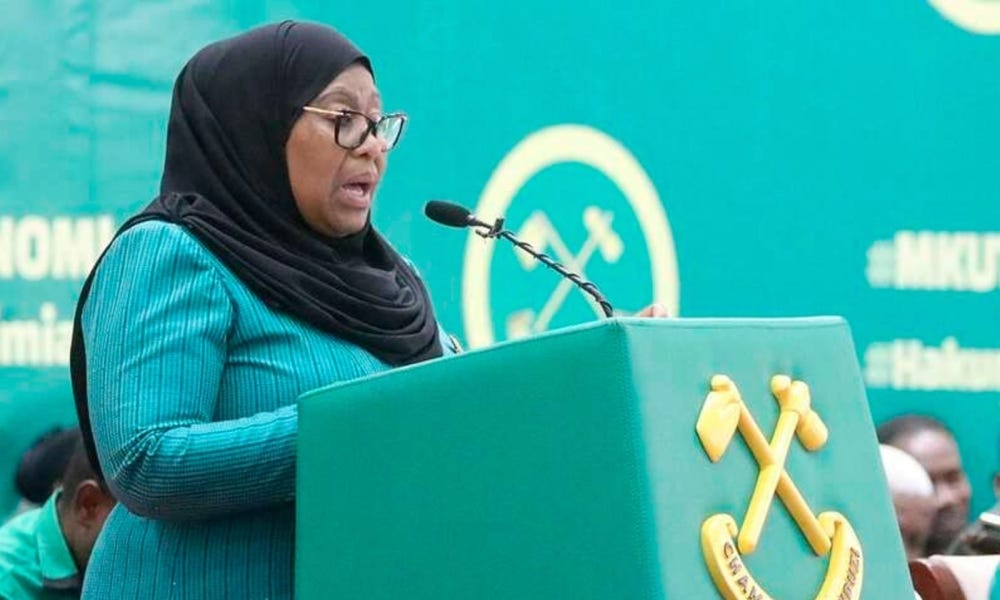🧠 Intelligence Brief | Tanzania’s Ruling Party Launches Sudden Virtual Congress in Suspected Pre-Election Power Lockdown

Ujasusi Blog’s East Africa Monitoring Team |🗓️ 25 July 2025 | 🕛2300 BST
🔍 EVENT SUMMARY
On 25 July 2025, Tanzania’s ruling party—Chama Cha Mapinduzi (CCM)—announced a surprise decision to convene its top organ, the National Congress, virtually on 26 July. The stated agenda is “minor constitutional amendments.” However, the meeting:
Is not part of the official calendar released days earlier (23 July)
Was announced less than 24 hours in advance
Will be the third National Congress held in 2025, breaking all precedents
Will be the first digital National Congress in the party’s history
The announcement has ignited a wave of scrutiny, confusion, and alarm both inside and outside the party. For a political organisation that has historically leaned on tradition, ritual, and visible consensus-building, the sudden pivot to a digital format—particularly at the apex of its internal governance—suggests more than logistical adaptation. It points to tactical concealment.
While internal reforms adopted in May 2025 introduced digital flexibility for select party functions, the National Congress was not among the bodies explicitly listed. Even President Samia Suluhu Hassan had earlier suggested digital formats would be limited to local and regional secretariats. To now apply these provisions to the party’s most consequential organ raises suspicions of deliberate overreach.
Traditionally, the National Congress serves as a theatre of power: an arena for factional bargaining, endorsement drama, and elite visibility. It is where unity is performed even when consensus is contested. The abrupt digitisation of such a space strips it of its symbolic potency and operational checks. Delegates who would otherwise speak, caucus, or dissent now risk technical exclusion, censorship, or muted visibility.
The invocation of “minor amendments” as the sole agenda item, paired with extreme timing and procedural opacity, signals a deeper logic. It is not efficiency driving this move—but control.

